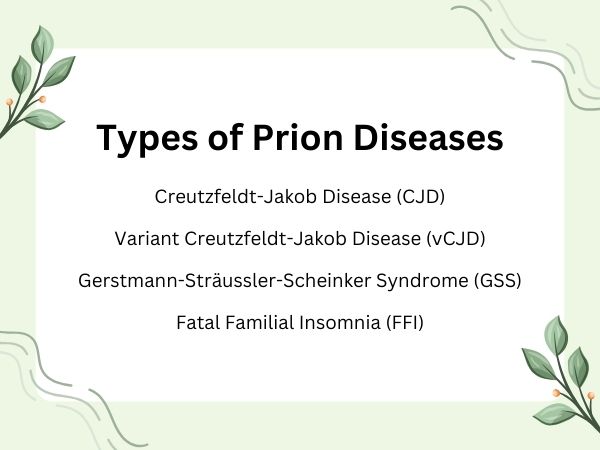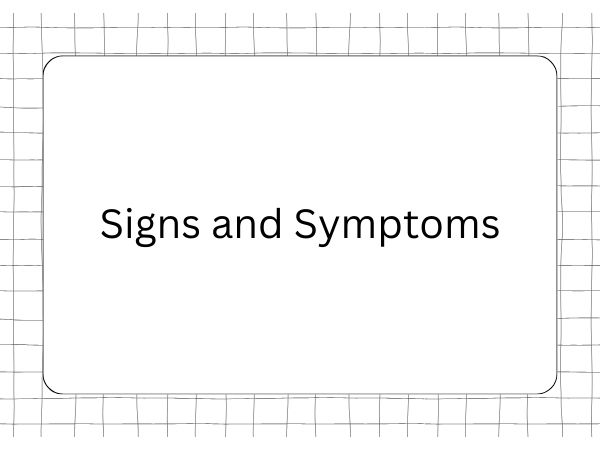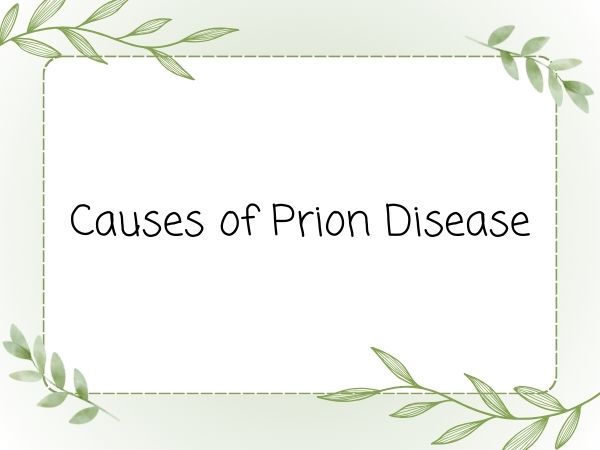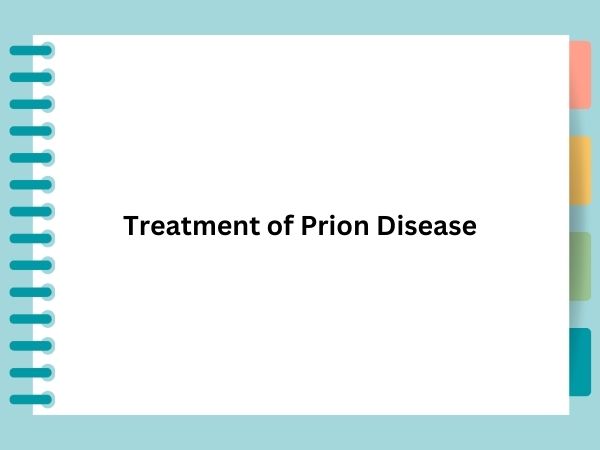Prion disease, also known as transmissible spongiform encephalopathies (TSEs), is a group of rare and fatal neurodegenerative disorders that affect both humans and animals. These conditions are characterized by the accumulation of abnormal prion proteins in the brain, leading to the progressive damage of nerve cells and brain tissue. Prion diseases can manifest in various forms, each presenting its own set of symptoms, causes, and challenges for diagnosis and treatment.
Types of Prion Diseases

- Creutzfeldt-Jakob Disease (CJD): This is the most common form of prion disease in humans, occurring spontaneously or through genetic mutation.
- Variant Creutzfeldt-Jakob Disease (vCJD): Associated with the consumption of contaminated meat products, particularly from cattle infected with bovine spongiform encephalopathy (BSE), or “mad cow disease.”
- Gerstmann-Sträussler-Scheinker Syndrome (GSS): A rare inherited form of prion disease that typically manifests in mid-adulthood
- Fatal Familial Insomnia (FFI): Another rare inherited form characterized by progressive insomnia and eventual dementia.
Signs and Symptoms

The signs and symptoms of prion diseases can vary depending on the type and stage of the disease. However, common manifestations include:
- Rapidly progressive dementia
- Difficulty with coordination and balance
- Muscle stiffness
- Changes in behavior and personality
- Cognitive decline
- Hallucinations
- Insomnia (in the case of FFI)
Causes of Prion Disease

Prion diseases are caused by the misfolding of normal cellular prion proteins into an abnormal form, which then accumulates in the brain, disrupting normal brain function. While some cases of prion disease occur spontaneously due to genetic mutations, others can be acquired through exposure to contaminated tissues or consumption of infected meat.
Prevention
Preventing prion diseases primarily involves measures to reduce exposure to contaminated tissues and products. This includes:
- Avoiding consumption of high-risk tissues such as the brain and spinal cord from infected animals.
- Implementing strict guidelines for the handling and disposal of tissues from suspected cases of prion disease in both medical and agricultural settings.
- Performing rigorous screening and surveillance programs in livestock to detect and prevent the spread of prion diseases in animal populations.
Treatment of Prion Disease

Unfortunately, there is currently no cure for prion diseases, and treatment options are limited. Management typically focuses on alleviating symptoms and providing supportive care to improve the quality of life for affected individuals. Experimental therapies and drugs aimed at slowing disease progression are actively being researched, but no definitive breakthroughs have been made thus far.
Diagnosis of Prion Disease
Diagnosing prion diseases can be challenging due to their rarity and the variability of symptoms. Diagnosis often involves a combination of clinical evaluation, neurological examination, imaging studies (such as MRI or CT scans), and laboratory tests to detect abnormal prion proteins in cerebrospinal fluid or brain tissue samples.
Home Remedies

While there are no specific home remedies to treat prion diseases, supportive care measures can help manage symptoms and improve overall well-being. These may include:
- Ensuring a comfortable and safe environment for the individual, with assistance for daily activities as needed.
- Providing emotional support and counseling for both the affected individual and their caregivers.
- Encouraging a healthy diet and regular exercise to maintain physical strength and mobility.
- Engaging in activities that stimulate cognitive function and promote mental well-being, such as puzzles, games, and social interactions.
In conclusion, Prion diseases represent a complex and challenging group of neurological disorders with devastating consequences for affected individuals and their families. While advances in research have improved our understanding of these conditions, much remains to be learned about their underlying mechanisms and potential treatments. Until effective therapies are developed, efforts to prevent prion diseases through education, surveillance, and prudent public health measures remain crucial in mitigating their impact on human and animal populations alike.